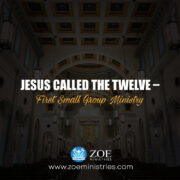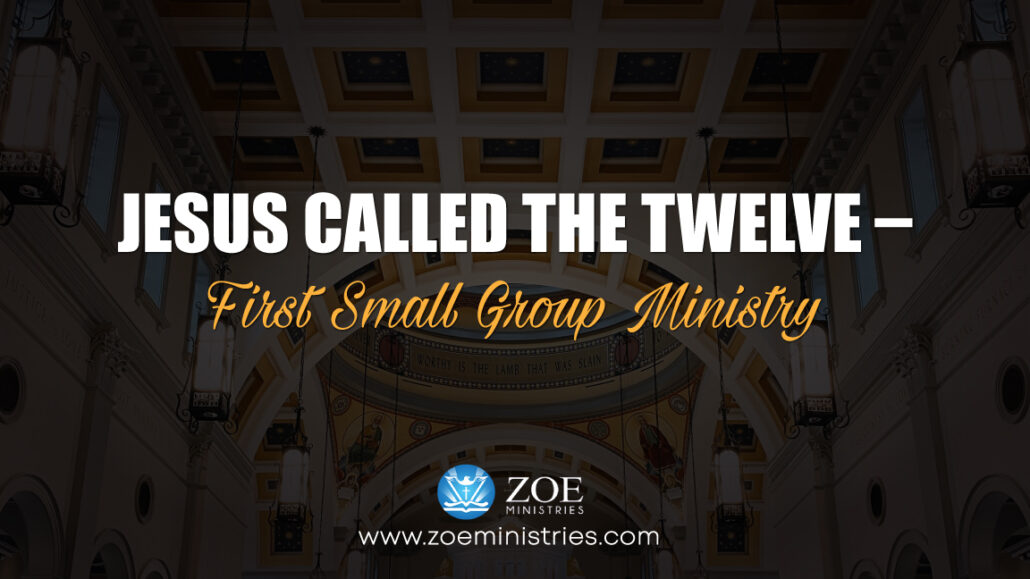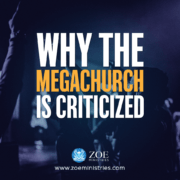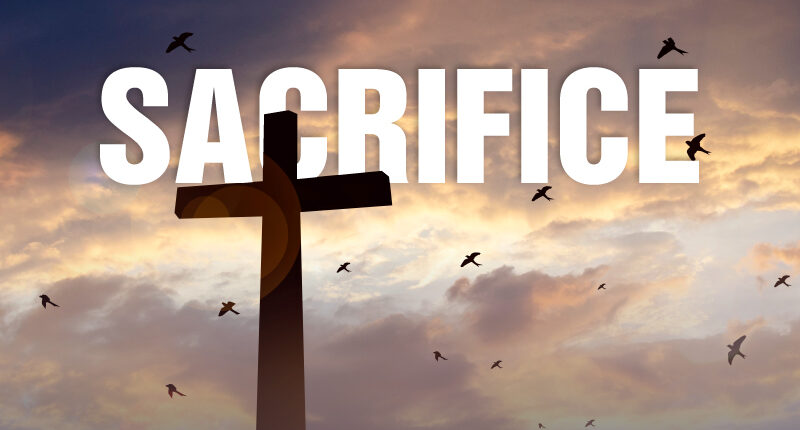Established Members Equipped Leaders
Established Members Equipped Leaders:
Relationships in the Group: Boon or Blessing?
While the strength of a small group is hinged on the relationships built within the circle, this can also become its weakness. Some small group members can become so comfortable that they no longer are interested in building relationships with people outside their group. This becomes a problem not just because this features exclusivity but also because it means that within the small group is a culture that allows complacency, leaving the members with no intention to move beyond their current role. As such, we need to start being more deliberate about raising our members as leaders who can take on their own small groups. We need to maintain a small group culture that remains missional just as much as it is spiritual and relational.
Train Up Future Leaders
Practically, we need to start identifying the small group members who can become small group leaders. This does not mean that we are to pick and choose only those seemingly special because the goal is to have everyone eventually become leaders who lead their own small groups. But it does mean that we will be strategic in raising our small group members to become leaders. To begin, we need to look at who has the most potential at this point and who has the most initiative and maturity to handle leading other people.
When the apostle Paul was mentoring Timothy, he had this to say:
2 and what you have heard from me through many witnesses entrust to faithful people who will be able to teach others as well.
(2 Timothy 2:2)
We also need to learn to entrust the message we have been given to others who can teach it to others. Like Jesus, we need to look for people who can become our interns. And once we have our interns, we start equip them and guide them as they go through the process of becoming a leader.
Model Leadership
It usually just starts with us leading a small group meeting and our interns observing. Afterward, we set some time with them to discuss the things that they have learned from observation. Eventually, once they have enough information and foresight, we can ask them to help us as we lead the small group by giving them time to share or by letting them facilitate the discussion.
We can provide them with feedback thereafter to grow in the way they discuss with and handle the group. Then once we think that they are ready to go to the next level, we will switch positions with them and have them lead the groups we are handling while we merely observe and support them as safety nets. We will allow them the freedom to teach the group and navigate the discussion as we note what we could improve. After a few meetings of having them lead, we can finally release them with several other group members to begin their own small group.
Check back in the next post for more of establishing members & equipping leaders.
Your weekly dose of prophetic wisdom and anointing awaits you. Join our LIVE Conference Call!
1) Call 515-604-9266
2) Go to startmeeting.com, and use the login: BishopJordan

















